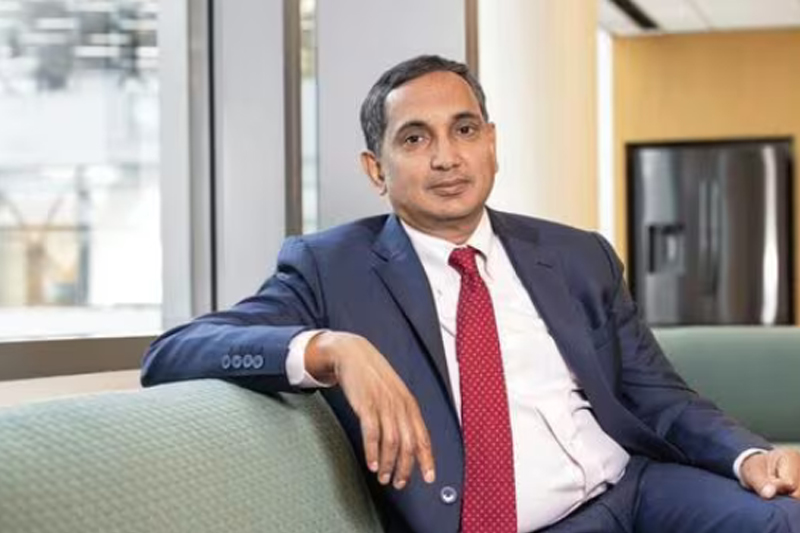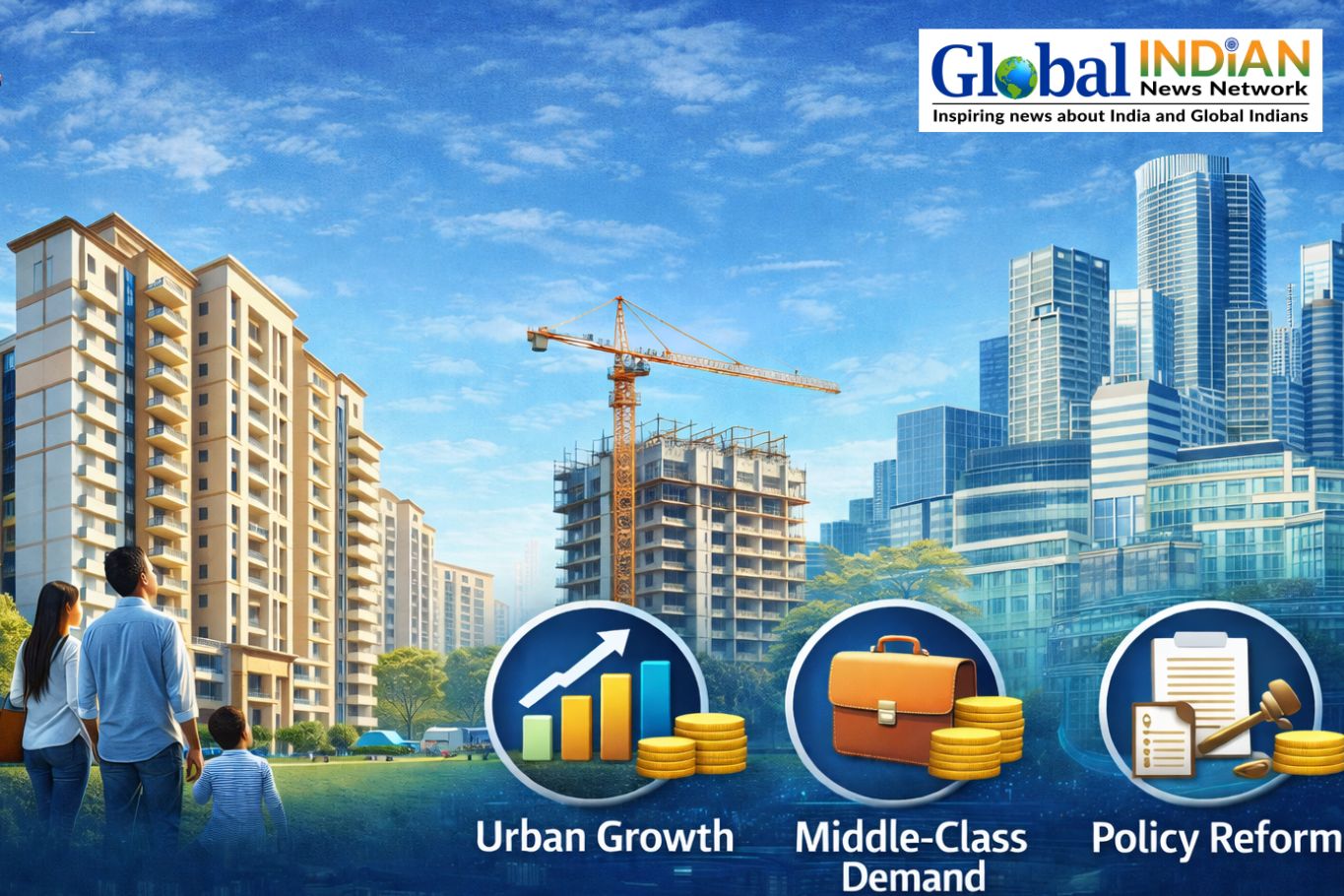 Krishna Srinivasan, the head of the IMF’s Asia Pacific department, announced that India is on track to maintain its status as the world’s fastest-growing economy, projecting a growth rate of 7% for the fiscal year 2024-2025. This forecast is underpinned by robust macroeconomic fundamentals, including a rebound in rural consumption, which has been bolstered by favorable agricultural yields.
Krishna Srinivasan, the head of the IMF’s Asia Pacific department, announced that India is on track to maintain its status as the world’s fastest-growing economy, projecting a growth rate of 7% for the fiscal year 2024-2025. This forecast is underpinned by robust macroeconomic fundamentals, including a rebound in rural consumption, which has been bolstered by favorable agricultural yields.
During a recent interview with PTI, Srinivasan indicated that inflation is expected to moderate to 4.4% in FY24-25, despite experiencing some fluctuations as food prices stabilize. He affirmed that fiscal consolidation remains on target, even with the upcoming elections, and highlighted the resilience of India’s reserve position.
Srinivasan emphasized the necessity of implementing reforms in three critical areas following the elections. First, he advocated for job creation by implementing the labor codes introduced in 2019-2020. These reforms would provide flexibility to the labor market while ensuring social protection for workers.
Second, he pointed to the importance of reducing trade barriers to enhance competitiveness. By liberalizing trade policies, productive firms can flourish, which in turn can foster job creation across sectors. Lastly, he stressed the need to improve both physical and digital infrastructure. In addition to these areas, he called for agricultural and land reforms, alongside a commitment to investing in education and workforce development.
Srinivasan also underscored the importance of strengthening the social safety net and enhancing the business environment by tackling bureaucratic red tape. He noted that potential investors often face significant challenges when entering the Indian market, acquiring land, or exiting investments.
The director reported that India’s unemployment rate has dropped to 4.9%, supported by increasing labor force participation, currently at 56.4%. However, he expressed concern about the persistently low female labor participation rate and high youth unemployment, indicating that substantial efforts are needed to improve the job landscape and make it more inclusive.
This approach will be crucial for ensuring that India continues to thrive economically and can effectively address the challenges posed by a rapidly evolving job market.









